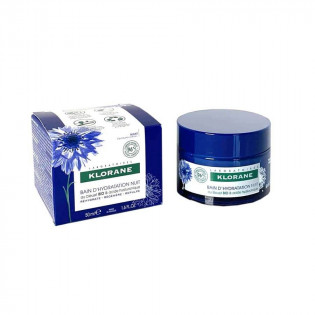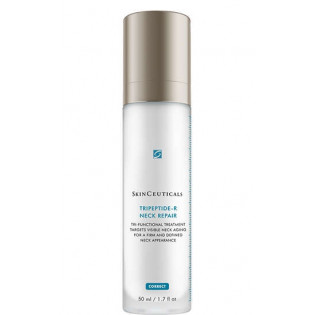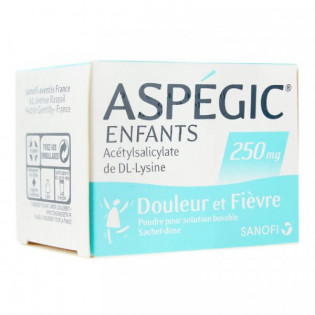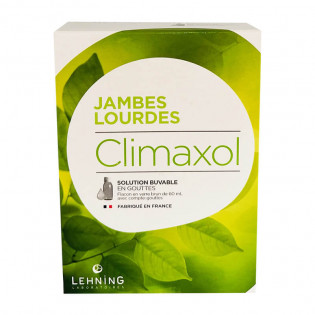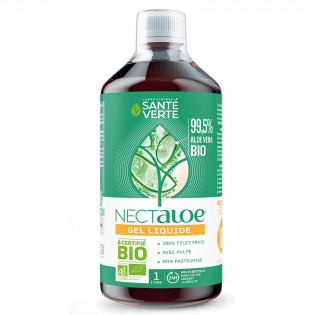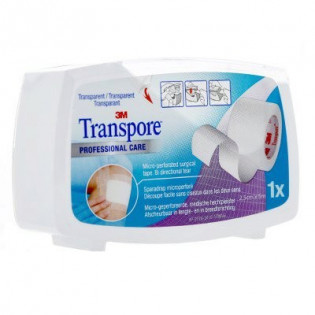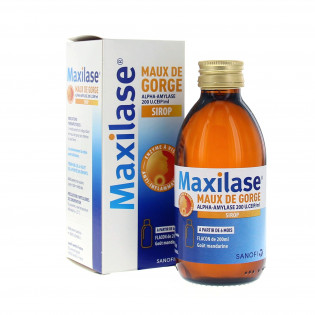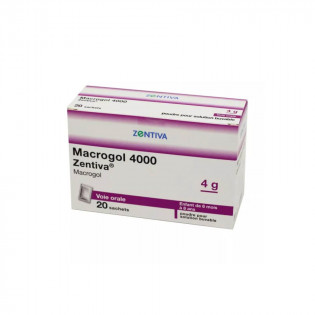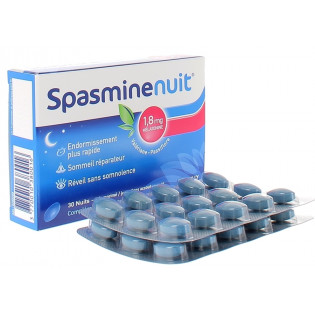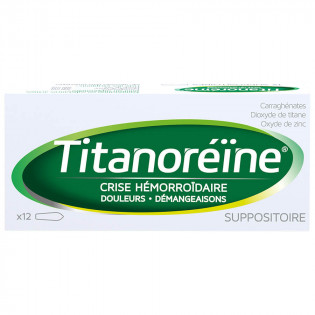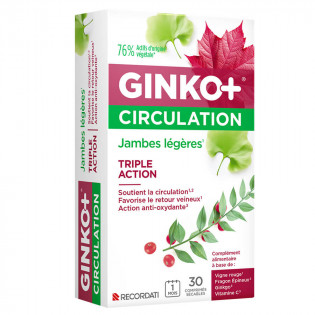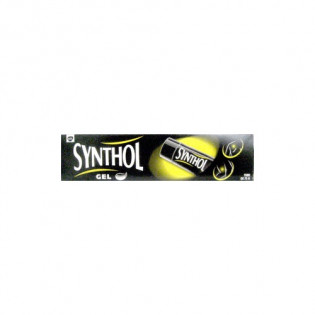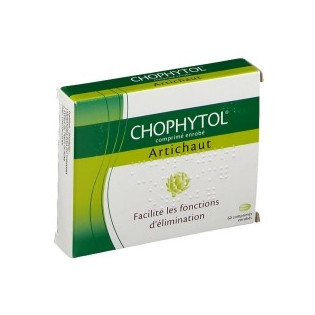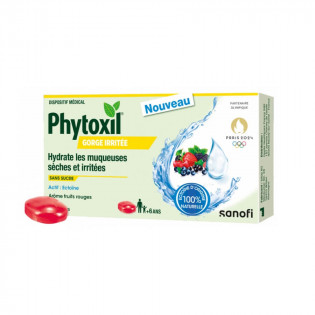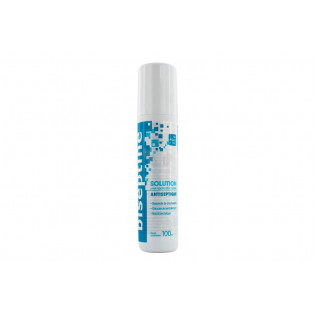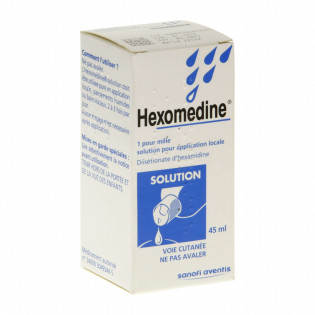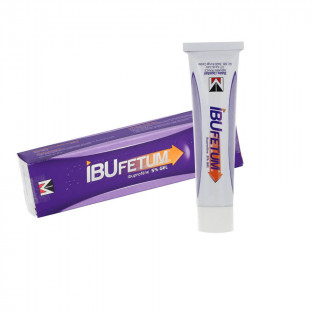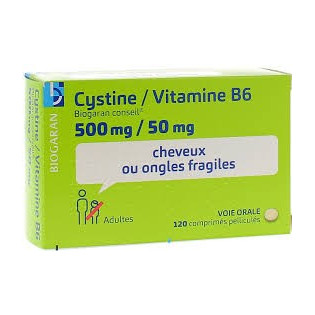CONSULT A PHYSICIAN.
In this leaflet :
1. WHAT IS ASPEGIC ADULTS 1000 mg, powder for oral solution in sachet and WHAT IS IT USED FOR?
2. WHAT YOU SHOULD KNOW BEFORE TAKING ASPEGIC ADULTS 1000 mg, powder for drinkable solution in sachet-dose?
3. HOW DO I TAKE ASPEGIC ADULTS 1000 mg, powder for oral solution in a sachet?
4. WHAT ARE THE POSSIBLE SIDE EFFECTS?
5. HOW TO USE ASPEGIC ADULTS 1000 mg, powder for oral solution in sachet-dose?
6. ADDITIONAL INFORMATION
1. WHAT IS ASPEGIC ADULTS 1000 mg, powder for oral solution in a sachet and WHAT IS IT USED FOR?
Pharmacotherapeutic class
OTHER ANALGESICS AND ANTIPYRETICS.
This medicine contains aspirin.
It is indicated in cases of pain and/or fever such as headaches, flu-like conditions, toothache, aches and pains and in the treatment of certain rheumatic conditions in adults (from 15 years of age).
2. WHAT YOU SHOULD KNOW BEFORE TAKING ASPEGIC ADULTS 1000 mg, powder for drinkable solution in sachet-dose?
List of information needed before taking the medicine
Not applicable.
You should never use ASPEGIC ADULTS 1000 mg, powder for oral solution in a sachet, in the following cases:
- allergy to aspirin or a related drug (including non-steroidal anti-inflammatory drugs) or to any of the other components
- history of asthma induced by the administration of aspirin or a related drug (especially non-steroidal anti-inflammatory drugs),
- after 5 months of pregnancy (24 weeks of amenorrhea), for doses above 100 mg per day,
- ulcer of the stomach or duodenum in progress,
- bleeding disease or risk of bleeding,
- severe liver disease,
- severe kidney disease,
- severe heart disease,
- treatment with methotrexate used at doses greater than 20 mg/week.
- treatment with oral anticoagulants, and in case of a history of peptic ulcer, when aspirin is used in high doses, especially in the treatment of rheumatic conditions, fever or pain(see Use of Other Drugs).
IN CASE OF DOUBT, IT IS ESSENTIAL TO SEEK THE ADVICE OF YOUR DOCTOR OR PHARMACIST.
Precautions for use; special warnings
Be careful with ASPEGIC ADULTS 1000 mg, powder for oral solution in sachet:
Warnings
- In case of association with other medicines, to avoid the risk of overdose, check the composition of the other medicines for the absence of aspirin.
- In the event of headaches occurring during prolonged use of high doses of aspirin, you should not increase the doses, but seek the advice of your doctor or pharmacist.
Regular use of painkillers, particularly several painkillers in combination, may lead to kidney damage.
- Reye's Syndromes (a rare but very serious disease combining mainly neurological disorders and liver damage) have been observed in children with viral diseases receiving aspirin.
Therefore:
- in case of viral illness, such as chickenpox or a flu-like episode: do not give aspirin to a child without medical advice,
- If a child taking aspirin becomes unconscious, vomits or exhibits behavioural problems, seek medical attention immediately.
- Aspirin should only be used on the advice of your doctor:
o when treating rheumatic disease,
o in case of G6PD deficiency (hereditary red blood cell disease), as high doses of aspirin may have caused haemolysis (destruction of red blood cells),
o if you have a history of stomach or duodenal ulcers, gastrointestinal bleeding or gastritis,
o in case of kidney or liver disease,
o in case of asthma: the occurrence of asthma attacks in some individuals may be related to an allergy to non-steroidal anti-inflammatory drugs or aspirin. In this case, this medication is contraindicated,
o in case of heavy menstruation,
o in case of treatment with:
§ other non-steroidal anti-inflammatory drugs when aspirin is used in high doses,
§ oral anticoagulants, and in the absence of a history of peptic ulcer disease, when aspirin is used in low doses for the treatment of pain and fever,
heparins in curative doses and/or in patients over 65 years of age,
§ drugs used in the treatment of gout,
§ clopidogrel,
ticlopidine.
(see section Use of other medicines).
- During treatment: if gastrointestinal bleeding occurs (blood is discharged from the mouth, blood is present in the stool, stool is black), STOP THE TREATMENT AND CONTACT A PHYSICIAN OR EMERGENCY MEDICAL SERVICE IMMEDIATELY
- Due to the presence of lactose, this medicine should not be used in patients with galactosemia, glucose-galactose malabsorption syndrome or lactase deficiency (rare metabolic diseases).
- This medicine is intended for adults and children aged 15 years and over.
|
This medicine contains aspirin.
You or your child should not take other medicines containing aspirin and/or non-steroidal anti-inflammatory drugs at the same time as this medicine.
Read the package inserts of other medicines you or your child is taking carefully to make sure they do not contain aspirin and/or non-steroidal anti-inflammatory drugs.
|
IF IN DOUBT, IT IS ESSENTIAL TO ASK YOUR DOCTOR OR PHARMACIST FOR ADVICE.
Precautions for use
- Pain or fever:
o This dosage is only suitable for adults and children aged 15 years and over.
o For children under 15 years of age, use a more suitable dosage.
o Ask your doctor or pharmacist for advice.
o If the pain persists for more than 5 days or the fever for more than 3 days, or in the event of insufficient efficacy or the occurrence of any other sign, do not continue the treatment without the advice of your doctor.
o Aspirin increases the risk of bleeding at very low doses, even when taken for several days. If you are planning to have surgery, even if it is only minor, inform your doctor, surgeon, anaesthetist or dentist.
- Rheumatology:
o At high doses used in rheumatology, it is recommended to watch for signs of overdose: ringing in the ears, decreased hearing or dizziness. If any of these symptoms occur SEEK MEDICAL ATTENTION IMMEDIATELY.
- Aspirin alters uricemia (the amount of uric acid in the blood).
IF IN DOUBT, ASK YOUR DOCTOR OR PHARMACIST FOR ADVICE
Interactions with other medicines
Taking or using other medicines
This medication SHOULD NOT BE USED in combination with methotrexate (used at doses greater than 20 mg/week), with oral anticoagulants when aspirin is used as an anti-inflammatory, for pain or fever (aspirin doses ≥ 500 mg per day), and in a patient with a history of peptic ulcer disease.
This drug SHOULD BE AVOIDED in combination with oral anticoagulants when aspirin is used as an anti-inflammatory, for pain or fever (aspirin doses ≥500 mg daily), and in a patient without a history of peptic ulcer disease, with other non-steroidal anti-inflammatory drugs when aspirin is used in high doses and in a patient with a history of peptic ulcer disease, heparins in curative doses and/or in a patient over 65 years of age, drugs used in the treatment of gout, with clopidogrel or ticlopidine (blood thinning drugs).
Talk to your doctor or pharmacist if you are taking or have recently taken any other medication, including medication obtained without a prescription.
Interactions with food and drink
Not applicable.
Interactions with herbal products or alternative therapies
Not applicable.
Use during pregnancy and breastfeeding
Pregnancy - Lactation
Ask your doctor or pharmacist for advice before taking any medication.
Pregnancy
Low doses, less than 100 mg per day:
Low doses of acetylsalicylic acid, less than 100 mg per day, may be prescribed in exceptional circumstances requiring specialist supervision.
For doses above 100 mg per day:
At these doses, and unless absolutely necessary, acetylsalicylic acid should not be prescribed during the first two trimesters of pregnancy. If acetylsalicylic acid is administered to a woman who wishes to become pregnant or is less than six months pregnant, the dose should be as low as possible and the duration of treatment as short as possible.
At doses above 100 mg per day, acetylsalicylic acid is contraindicated after 5 months of pregnancy (24 weeks of amenorrhea). You should NEVER take this medicine during the third trimester of pregnancy because its effects on your child may be serious, particularly in terms of cardiopulmonary and renal health, even if you take it only once.
If you have taken this medicine while you were pregnant, talk to your obstetrician-gynecologist so that appropriate monitoring can be offered to you.
Breastfeeding
As acetylsalicylic acid passes into breast milk, this medicine is not recommended during breastfeeding.
Ask your doctor or pharmacist for advice before taking any medicine.
Not applicable.
Effects on ability to drive and use machines
Not applicable.
List of excipients with a known effect
List of excipients with a notable effect:lactose.
3. HOW TO TAKE ASPEGIC ADULT 1000 mg, powder for oral solution in a sachet?
Instructions for proper use
Not applicable.
Dosage, Method and/or route(s) of administration, Frequency of administration and Duration of treatment
Dosage
This presentation is intended for adults (15 years and older).
In case of pain, in case of fever:
- For adults and children weighing more than 50 kg (from about 15 years of age):
The maximum recommended daily dosage is 3 g of acetylsalicylic acid, i.e. 3 sachets per day.
The usual dosage is 1 sachet to 1 g, to be repeated as necessary after a minimum of 4 hours, not exceeding 3 sachets per day.
- For the elderly:
The maximum recommended daily dose is 2 g of aspirin, i.e. 2 sachets per day. The usual dosage is 1 sachet to 1 g, to be repeated if necessary after at least 4 hours, without exceeding 2 sachets per day.
In case of rheumatic diseases:
It is necessary to follow the recommendations of your doctor.
IF IN DOUBT, ASK YOUR DOCTOR OR PHARMACIST FOR ADVICE.
Method of administration
Take by mouth.
Pour the contents of the sachet into a glass and then add a small amount of drink (e.g. water, milk, fruit juice).
Frequency of administration
Frequency of administration:
- In case of pain, in case of fever: systematic intake avoids oscillations of pain or fever.
They should be regularly spaced at least 4 hoursapart.
- In case of rheumatic diseases: follow the advice of your doctor.
Duration of treatment
In case of pain, in case of fever:
|
The duration of use is limited:
- to 5 days in case of pain,
- to 3 days in case of fever.
|
If the pain persists for more than 5 days or the fever for more than 3 days or if it gets worse, do not continue the treatment without your doctor's advice(see Precautions for use).
In case of rheumatic diseases: follow your doctor's advice.
Symptoms and instructions in case of overdose
If you have taken more ASPEGIC ADULTS 1000 mg, powder for oral solution in a sachet than you should have:
During treatment, ringing in the ears, a feeling of decreased hearing, headaches, dizziness may occur: these usually indicate an overdose of aspirin.
DISCONTINUE YOUR TREATMENT AND SEEK MEDICAL ATTENTION.
In case of accidental poisoning (especially common in young children), SEEK MEDICAL ATTENTION IMMEDIATELY.
Instructions in case of missed doses
If you forget to take ASPEGIC ADULT 1000 mg, powder for oral solution in a sachet
Do not take a double dose to make up for the single dose you forgot to take.
Risk of withdrawal syndrome
Not applicable.
4. WHAT ARE THE POSSIBLE SIDE EFFECTS?
Description of side effects
Like all medicines, ASPEGIC ADULTS 1000 mg, powder for oral solution in sachet, is likely to have side effects, although not everyone is subject to them.
- Treatment should be stopped immediately and your doctor notified in the following cases:
o gastrointestinal bleeding(see Special Warnings). These occur more frequently with higher doses,
o allergic reactions such as skin rash, asthma attack, angioedema (facial hives with breathing difficulties),
o Ringing in the ears, sensation of decreased hearing, headache, dizziness: these signs usually indicate an overdose of aspirin,
- Tell your doctor if you have abdominal pain, nosebleeds or gum bleeds.
Stomach ulcers have been reported.
If you notice any side effects not listed in this leaflet, or if any side effects become serious, please tell your doctor or pharmacist.
5. HOW TO USE ASPEGIC ADULTS 1000 mg, powder for oral solution in sachet?
Keep out of the reach and sight of children.
Do not use ASPEGIC ADULTS 1000 mg, powder for oral solution in sachet after the expiry date stated on the box.
Store at a temperature not exceeding +25°C and keep the sachets in the outer packaging, protected from moisture.
If necessary, warnings against certain visible signs of deterioration
Medicines should not be disposed of in the sewage system or in the household waste. Ask your pharmacist what to do with unused medicines. This will help to protect the environment.
6. ADDITIONAL INFORMATION
Full list of active ingredients and excipients
What does ASPEGIC ADULTS 1000 mg, powder for oral solution in a sachet contain?
The active substance is:
DL-acetylsalicylate lysine ........................................................................................................... 1800 mg
(Corresponding amount of acetylsalicylic acid .......................................................................... 1000 mg
For one sachet dose.
The other components are:
Glycine, mandarin flavour, ammonium glycyrrhizate.
Pharmaceutical form and content
What is ASPEGIC ADULTS 1000 mg, powder for oral solution in sachet and what does it contain?
Powder for oral solution, sachet, boxes of 10, 15, 20, 30 and 50.
Name and address of the marketing authorisation holder and of the manufacturing authorisation holder responsible for batch release, if different
Holder
SANOFI-AVENTIS FRANCE
1-13, boulevard Romain Rolland
75014 Paris
Operator
SANOFI-AVENTIS FRANCE
1-13, boulevard Romain Rolland
75014 Paris
Manufacturer
SANOFI WINTHROP INDUSTRIE
196, avenue du Maréchal Juin
45200 AMILLY
Names of the medicinal product in the Member States of the European Economic Area
Not applicable.
Date of approval of the package leaflet
The last date on which this package insert was approved was {date}.
MA under exceptional circumstances
Not applicable.
Detailed information on this medicinal product is available on the website of Afssaps (France).
Information for health professionals only
Not applicable.
ADVICE / HEALTH EDUCATION
"WHAT TO DO IN CASE OF FEVER":
A child is considered to have a fever when his temperature exceeds 38°C.
Fever is a natural and frequent reaction of the organism to fight against infections, it is very rare that it is the only sign of a serious illness or that it leads to complications.
What i
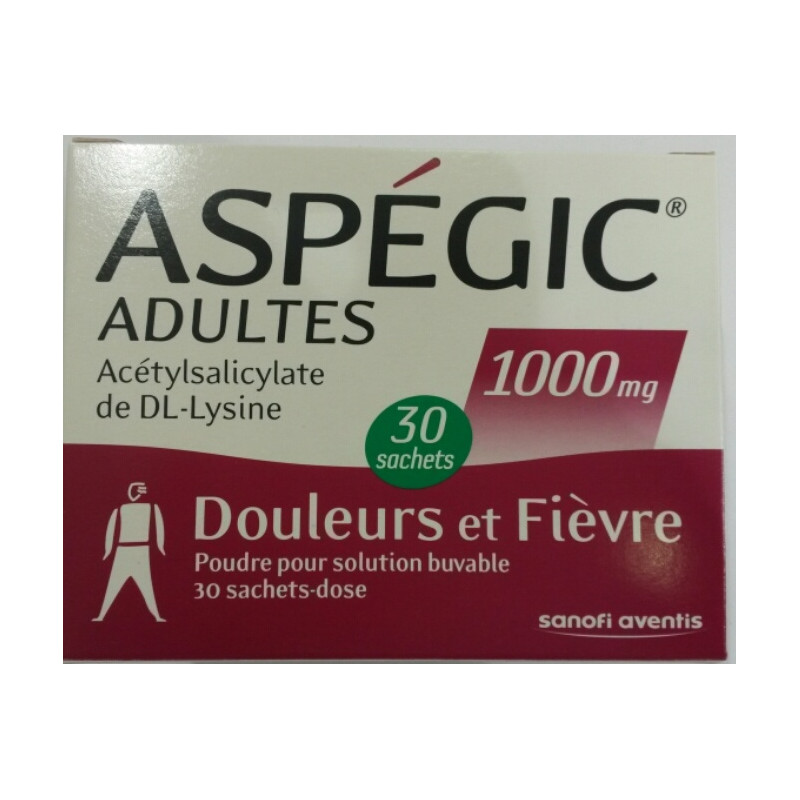
 Français
Français English
English
